YouTube Music vs. Spotify: Which one to choose?
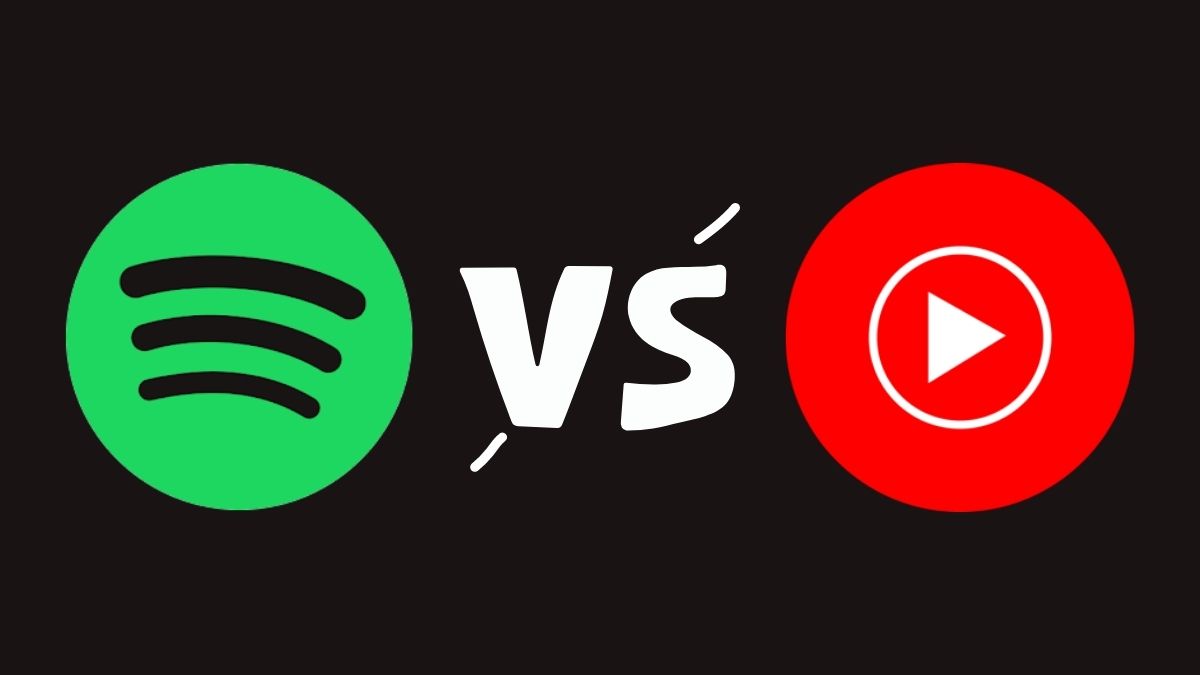
Music streaming apps are widely used all around the world as music is something that people "need" in their daily lives. Music can make you happy, sad, excited, etc., and that is why choosing the best music streaming service is very important. In this guide, we will take two of the most known apps and compare them. Here is YouTube Music vs. Spotify!
Users of mobile devices or PCs can listen to music online or offline using music streaming apps. Users can search, stream, and download music from a huge library of tracks from various genres, artists, and nations with these apps. Because there are so many different music streaming services. You can make many comparisons between different apps, for example, we recently compared Spotify vs. Apple Music, and the list can go on and on.
Today, we will be looking at the differences and similarities between two music streaming apps, comparing their features, audio quality, library, and pricing.
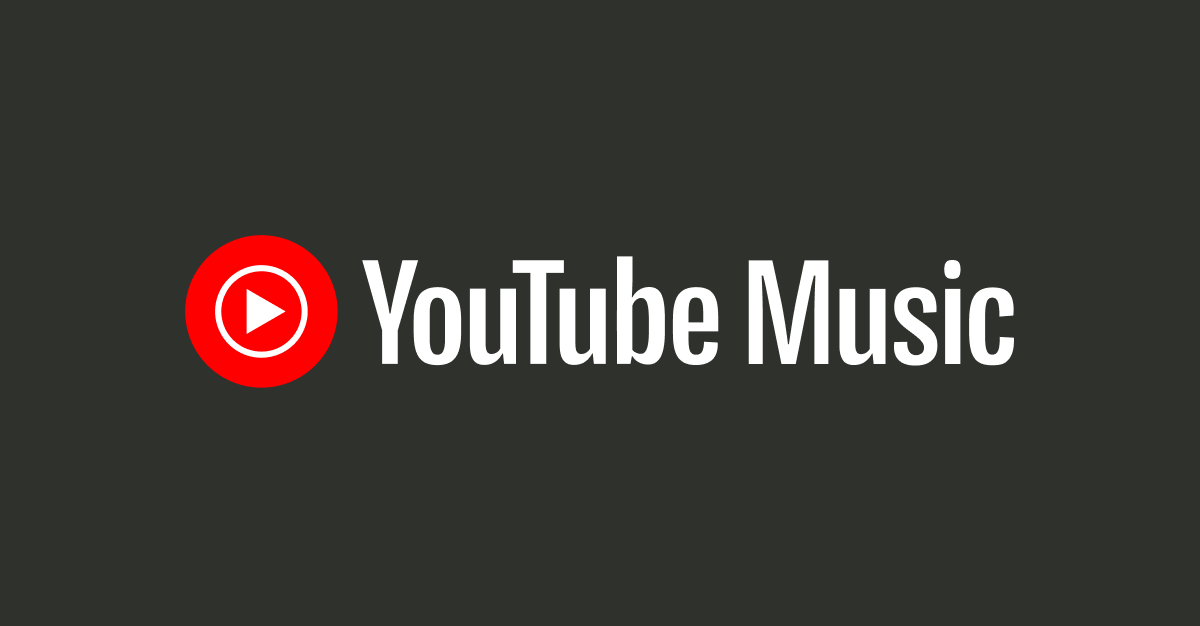
YouTube Music vs. Spotify: How to determine which one is better
As its name suggests, YouTube Music is a subsidiary of the massive video-sharing website YouTube. Its large collection of songs and music videos makes it a refuge for music lovers who enjoy both audio and visual content. Your musical choices can be taken into account when creating playlists, radio stations, and suggestions on YouTube Music. It offers a distinct hybrid experience that differentiates it from its competitors thanks to its ability to convert between video and audio modes smoothly.
Spotify, a pioneer in the music streaming sector, has captured the hearts of millions of people worldwide with its remarkable collection of millions of songs, podcasts, and playlists. It has become a formidable force in the sector thanks to its user-friendly interface, intuitive playlist curation, and powerful music discovery algorithms. Additionally, Spotify provides a free, ad-supported tier that enables consumers to test out its services before upgrading to the premium version.
Features
The basic features and capabilities of Spotify and YouTube Music are fairly similar, from how you play, stop, shuffle, and skip tracks to how you can add items to your library and like items to help you organize what you're listening to.
Both services are simple to connect to speakers and other devices in your house and, when available, even provide lyrics. The play window is essentially the same; it shows album art and offers options that are quite similar in the dropdown menus, such as downloading, sharing, launching "radio" stations based on your selection, seeing the artist or album, creating playlists, and more.
YouTube Music and Spotify offer a similar set of features, including:
- Ad-free listening
- Offline listening
- Custom playlists
- Radio stations
- Discoverability features

Audio Quality
Sound quality is better on Spotify compared to YouTube Music. Spotify's streaming quality for its free tier is 160 kbps, compared to YouTube Music's limit of 128 kbps (if using the online player).
As you move up to the premium tiers of both services, you receive 256kbps when listening to Spotify Premium on your web browser using the web player. You can choose from a range of 24 kbps to 320 kbps while using Spotify's apps. No matter where it is played, YouTube Music Premium has the same bitrate, which ranges from 48 kbps to 256 kbps at its highest.
However, these differences are considered pretty small, so even though Spotify looks like the winner here, if you are not a professional musician who is used to these kinds of bit rates and sound quality, it might not make a huge difference for you. You will still enjoy YouTube Music's audio quality. At the end of the day, though, Spotify has the better audio quality.
Pricing
One of the most crucial factors to consider when purchasing a service or a product is the price. You should also compare the costs of Spotify and YouTube Music in this situation. Both applications offer monthly subscription plans and have different prices. Below you will find the YouTube Music vs. Spotify comparison in terms of pricing.
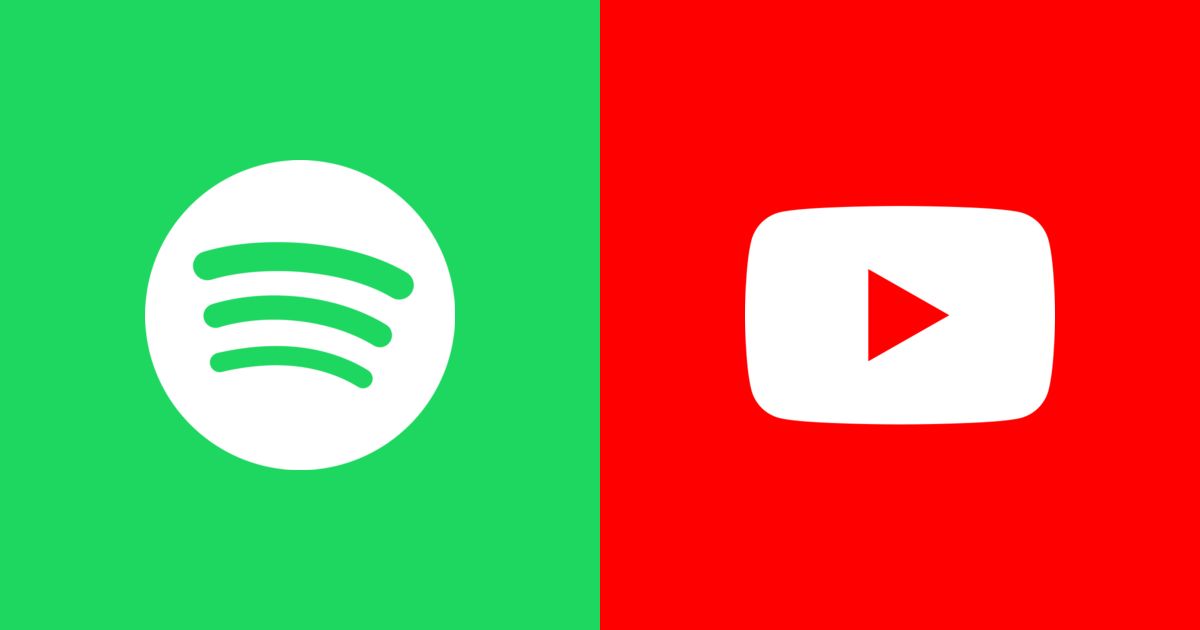
Spotify
Spotify recently increased its prices. It wasn't a drastic increase, as most plans only went up a dollar, but it still bothered many people using the app for years. Considering the economic struggles of technology companies in recent years, Spotify's price raise makes sense to many.
- Individual: $10.99/month
- Duo: $14.99/month
- Family: $16.99/month
- Student: $5.99/month
YouTube Music
YouTube Music has also increased its prices recently, a couple of days before Spotify. It was expected from most of these music streaming apps to increase their prices and luckily, both companies made "slight" adjustments. Here are the current YouTube Music prices:
- Individual: $10.99/month
- Individual: $109.99/annual
- Family: $16.99/month
- Student: $5.49/month

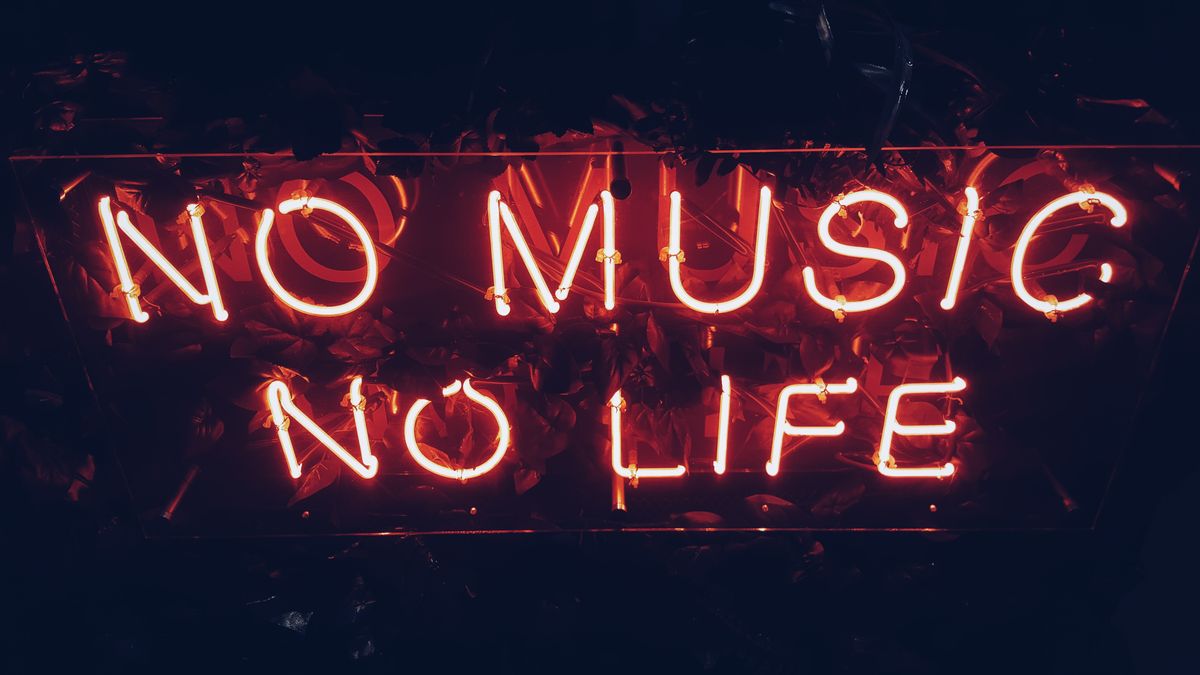
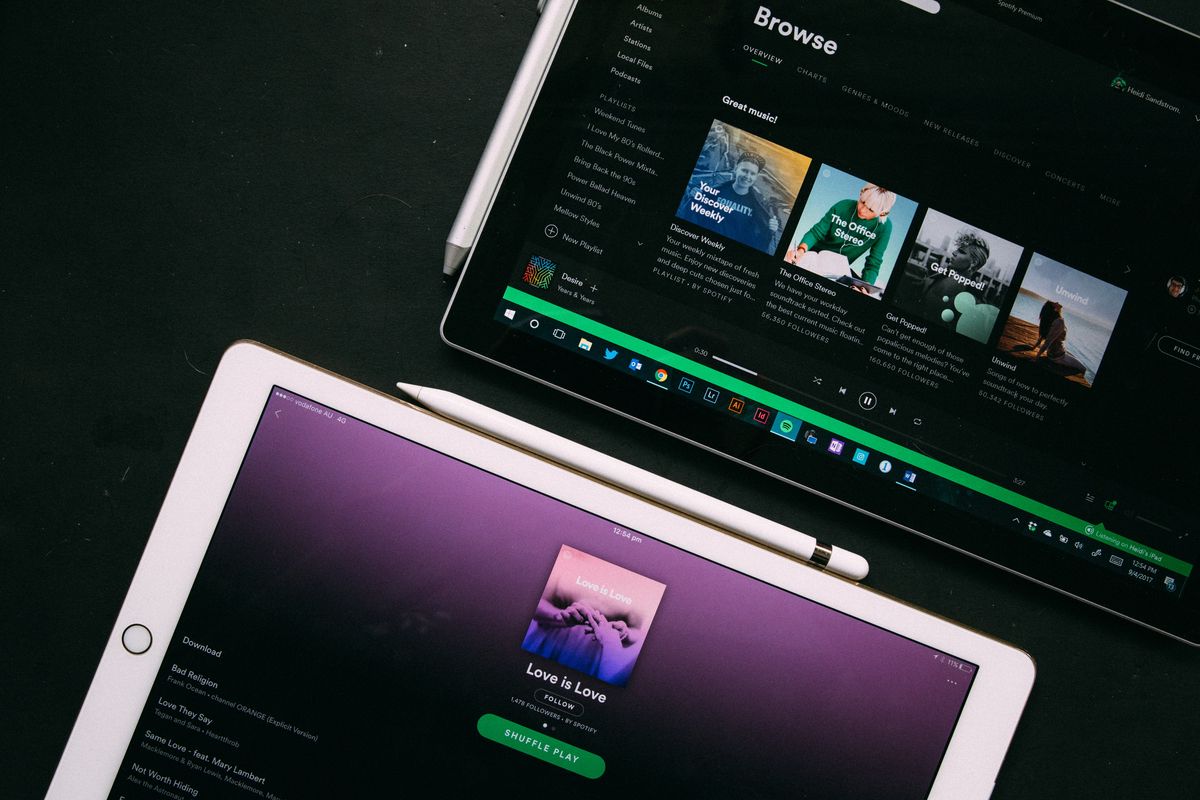
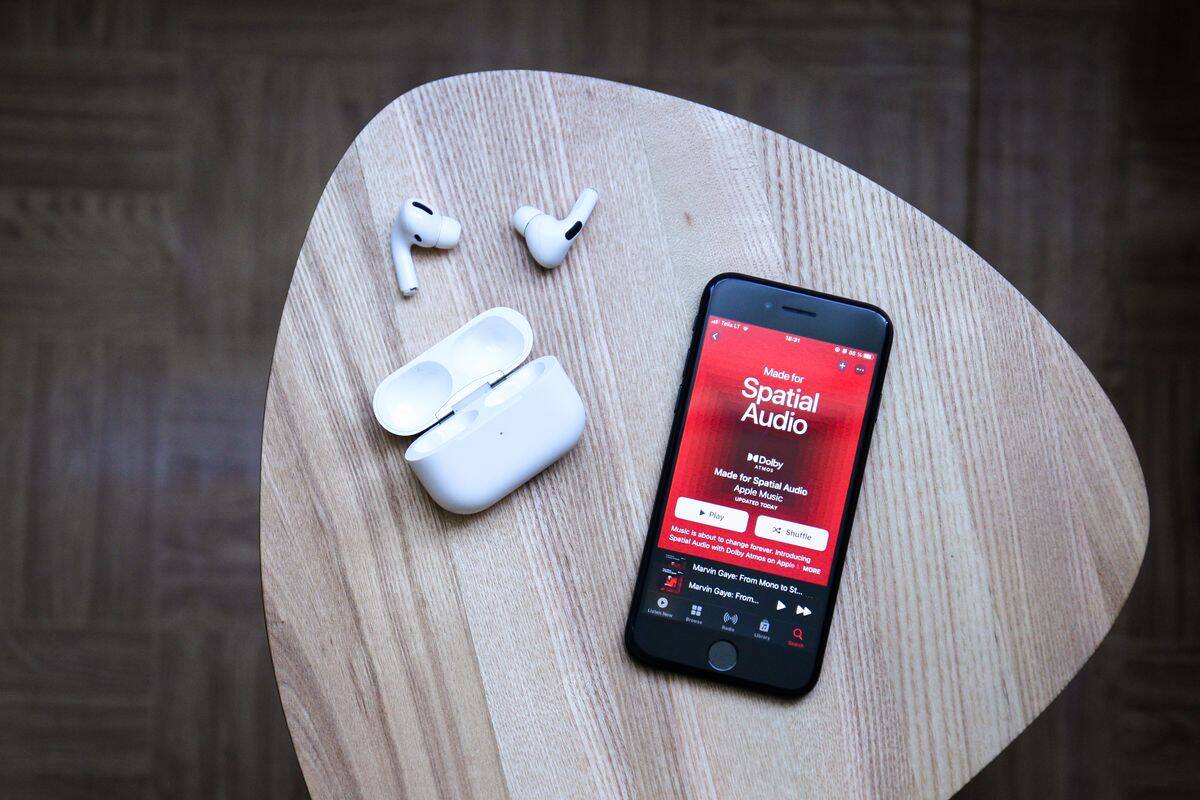

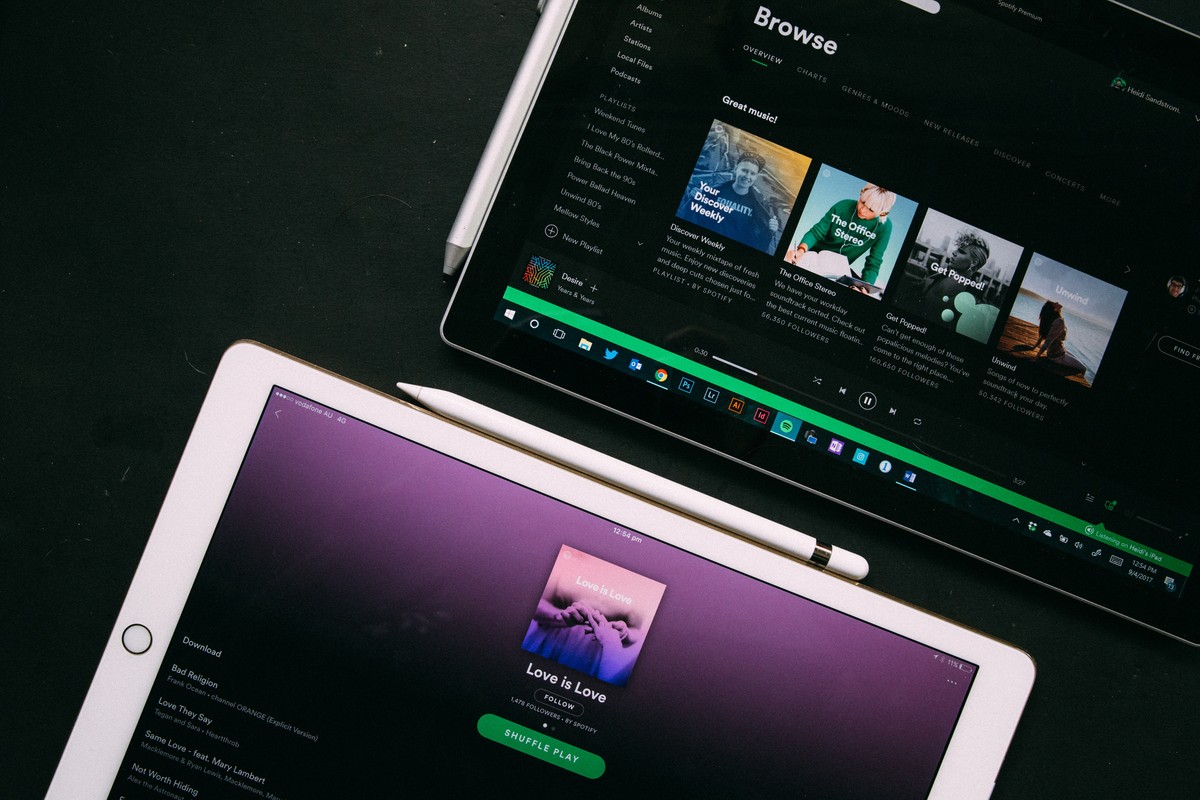
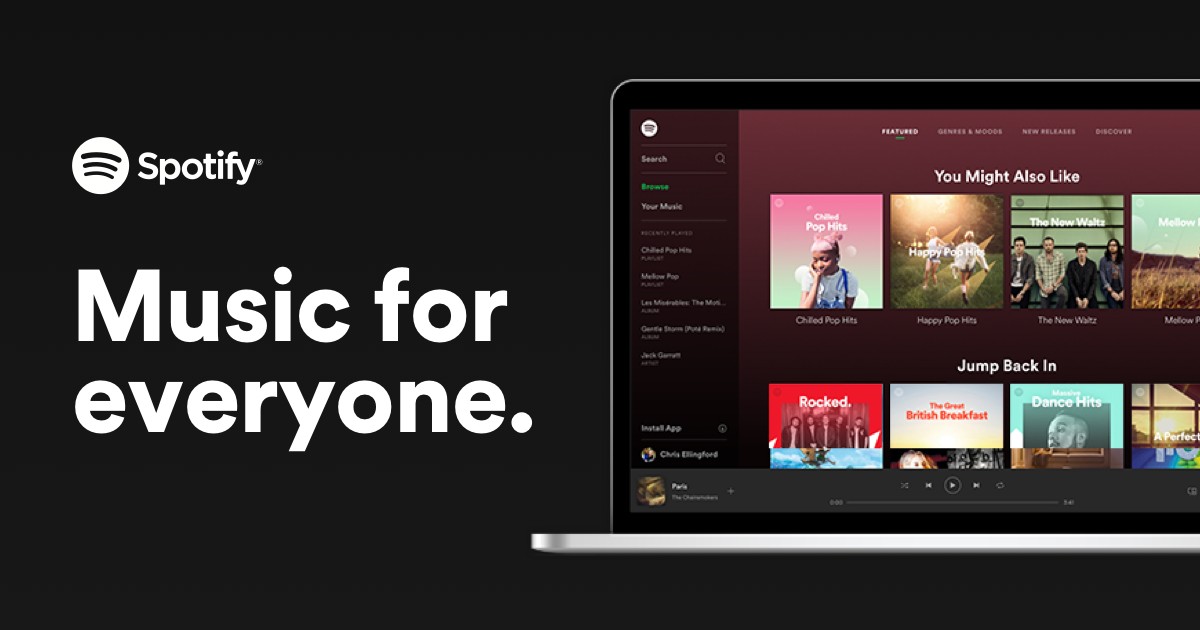

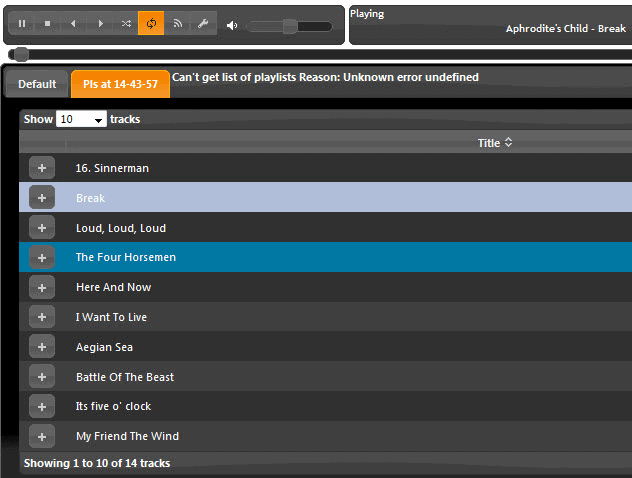
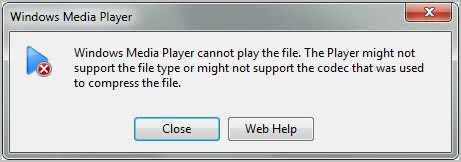
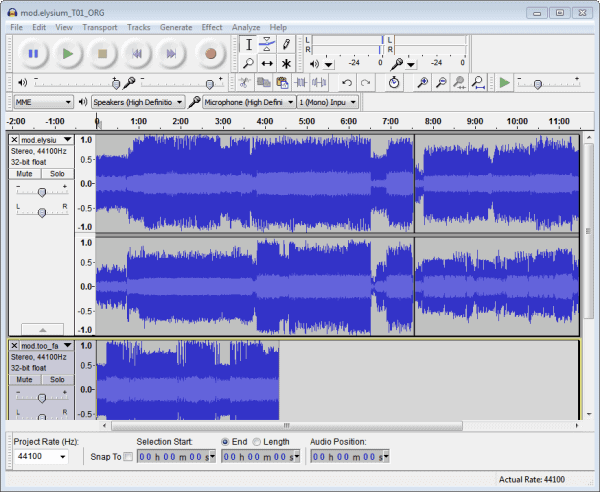










Neither. Why do I have to pay for Spotify when lots of the stuff I listen to isn’t available there? The same goes for Netflix and other streaming services. When I want to listen or watch something I have to pirate it anyways because it isn’t there
Neither. I have stolen over 25k albums and they play nicely on all my devices. I don’t rent music. I don’t need internet to play music. As for the moral issues: F**k off. Spotify and the rest don’t pay the artists anything. Me, I bought thousands of vinyls and cd’s back in the day. Heck, VHS tapes, dvd’s too. Bought somewhere around 200 t-shirts, went to hundreds and hundreds of gigs. I have paid enough. In hindsight I should have spent the money on a big house and a few cars instead. But hey, at least Lars Ulrich is happy with the paintings he bought with my money.
If it’s digital copies of things you paid for legally in a physical format, then technically it’s not stealing but backups. You probably have more digital than physical stuff, but still worth mentioning.
@bruh
Let’s not be hypocrites, I stole the digital albums. Paid nothing for them. Yes, I have more digital than physical, I sold every LP every CD every VHS every DVD and gave away most of my t-shirts ages ago. For peanuts, I might add. They were worthless to me, even if I paid a fortune. Who knew there’s a market for very used thrahs/death metal shirts. Kept ONE, an original mint condition Damage Inc tour shirt I bought in 1986. But yeah, I don’t long for the good old days when it was a damn hassle just to listen to a song. Let’s be real, thats just nostalgia and had we had the tech of today back then we wouldn’t have touched a vinyl ever. Don’t bang ex girlfriends, don’t buy vinyls, don’t rent music. My ears are shot to hell anyway (thanks, Motörhead live in 1986) so I don’t care about “HiFi sound” or “vinyl sounds better” garbage. I enjoyed a fourth generation cassette of the first W.A.S.P album on my shitty walkman in 1984 and extremely shitty bootlegs and demos of every damn thrash/death band was supergreat HIFI to me in the eighties. You could sit me in front of a million dollar stereo and I couldn’t tell the difference between that and my mp3’s. The difference is that I don’t need a forklift and a truck to carry around my music.
“Let’s not be hypocrites” not being a hypocrite, just not letting the narrative be set by those I don’t agree with. I have tons of music, here’s the categories it falls into:
>My own rips (tape, CD)
>Vinyl rips I found online for records I actually own
>Vinyl and CD rips i found online for things I couldn’t purchase legally even if I wanted to, as they are too obscure, and were never reissued at all
>Music digitised or archived by others from non commercial sources (aka, music that was never sold, songs recorded off the radio, TV, or concerts)
>Stuff I paid for from bandcamp (they offer lossless, decent quality audio without DRM)
>Music that was actually offered as “free download” at one point
>I do have some music which I downloaded out of curiosity, but I wouldn’t have ever paid for it anyway, even if it wasn’t available for download, I guess I should delete it and sometimes I do when I come across it.
So I’ve “stolen” jack ____ from anyone. I don’t like the argument that if someone torrents/distributes/downloads freely any music ever, they are immediately a thief/criminal/pirate. I haven’t cost anybody any money with my actions so keep your labels to yourself.
I also don’t know why you took a detour to talk about hearing and music quality, the one benefit of analogue formats is that if you’re listening to some music which was never put through any digital device until the digitization, you don’t have to worry about brickwall compression applied after-the-fact, or digital noise reduction algorithms – happens too much with reissues and remasters.
My original point still stands: if you own a record/tape/CD, there’s nothing wrong with downloading a digitisation of that very same release, that is as legal as making a recording of it yourself. In your example, this doesn’t apply, but how was I supposed to know, until you told me?
I subscribe to Tidal. $11 per month for FLAC-encoded music is worth it for me. Tidal’s music library isn’t quite as large as Spotify’s, but it’s close, without as many covers.
What about Amazon Music vs any of the other streaming services? I get it free with Amazon Prime, and I subscribed to the Plus package which I get a 5-month free trial
This is becoming a less popular option as time moves on, but still my preferred: a local music library, which you can use with any kind of music app. Who likes subscriptions!
I agree. To he honest, I lost interest in “new” music 5 years ago. I still collect music from before then, and have spent thousands of dollars on my collection.
My collection includes music from artists that were never published by a label, and so no music service will ever have it. I even have music created by friends and family. That also will never be on a streaming service.
IMO, a music service subscription is worth it to sample new music and new music artists without having to buy an album. Much better sound quality and more personalized than radio, with no commercials.
Fair enough, I don’t listen to much modern music, so maybe that’s why I never considered subscriptions. The dealbreaker for me back when I checked it out was that there was plenty of music not on spotify, and i’m not even sure if you can import a private music library into Spotify to “fill in the gaps”.
I think if music is not owned by a record label, or rights owners cannot be found, then the music cannot be put onto streaming platforms like spotify.